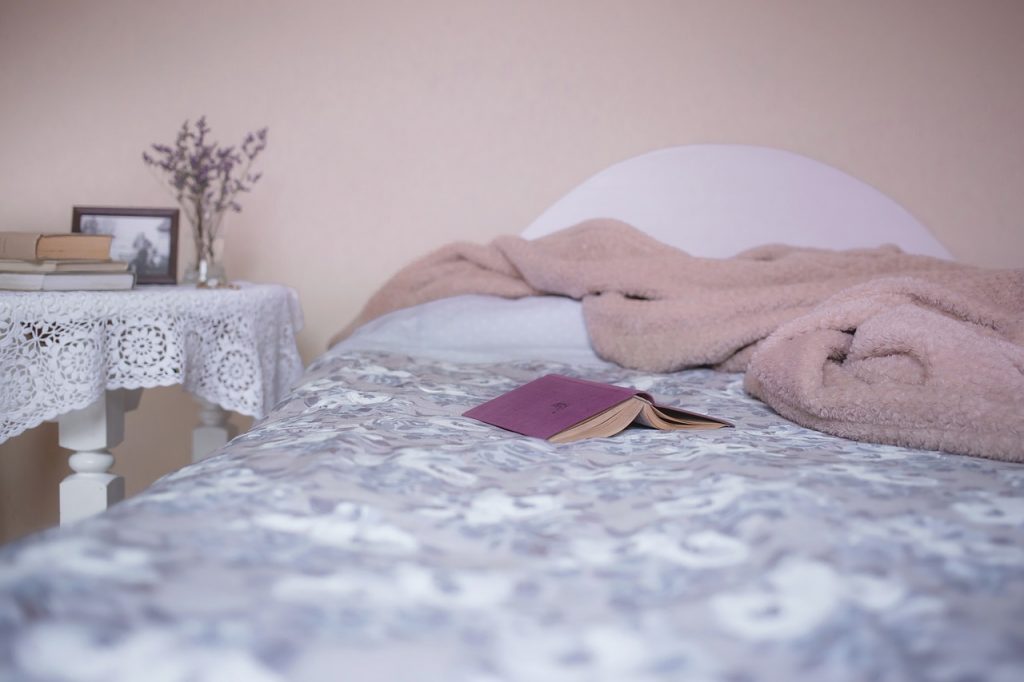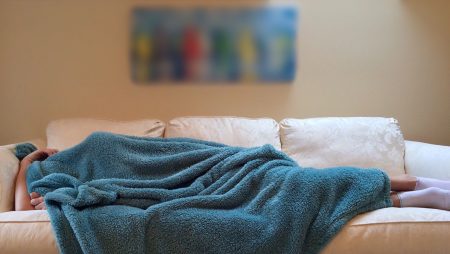
Be it insomnia, irregular sleeping patterns or the inability to sleep for long periods without breaks, as long as you have sleeping problems, your health will be adversely affected. People who can’t get sufficient and sound sleep on a daily basis, generally display symptoms such as irritability, tiredness, impaired memory, depression, anxiety, etc. If the conditions are left untreated long enough, they can even contribute to other more serious health complications such as hypertension, weakened immunity, hypersensitivity, diabetes, heart disease and strokes.
How Can You Solve Your Sleeping Problems?
Now, there is of course medication which can dull the central nervous system to make us sleep and most doctors will likely put their patients on a prescription with one of these if they diagnose them with acute or chronic sleeping issues. Unfortunately, sleeping pills come with their own unique set of problems and have a high potential to be misused. The good news is that sleeping pills are not the only direct solutions to sleep-related issues experienced by us. Hypnotherapy can offer a drug-free solution without leaving any side-effects in the process whatsoever. To understand the topic better, let’s now take a closer look at hypnotherapy and its potential in treating sleep disorders.
What is Hypnotherapy?
Just like the name itself suggests, hypnotherapy is a form of psychotherapy that a trained hypnotist uses to find out details that are buried deep inside the patient’s subconscious and unconscious mind and to bring about changes in a patient’s behaviour. The hypnotherapist uses relaxation techniques on the patient and guides him or her into a trance state where the patient can then explore unrealised feelings, incidents and emotions under the guidance and suggestions of the hypnotherapist. The uses of hypnotherapy are actually quite vast, with the technique being successfully used to treat phobias, anxiety, depression, PTSD, sleep disorders and even addictions like smoking.
Can Hypnotherapy Really be Effective in Treating Sleep Disorders?
Hypnotherapy has been proven to be effective in treating sleep disorders because it tackles the underlying problem that the sleeping issues are originating from, rather than just treating the sleeplessness, which is only a symptom of a bigger problem. A hypnotherapist seeks to find out the root problem by exploring the inner consciousness of the patient, identifying the problems and then addressing them by changing the patient’s negative perceptions towards those problems.
Much of the difficulties in our psyche occur when we react to certain stimuli and the hypnotist can change those very reactions through neuro-linguistic programming or NLP. For example, when the therapist finds out that you cannot sleep because of a terrible incident that happened to you years ago (often the case in PTSD patients), he/she may decide to reprogram your thought patterns in such a manner that each time your mind tries to relieve the dreaded memory, you are automatically transferred to a happier time or a calm place instead of that painful moment, in reaction to the stimuli.
It needs to be understood that hypnotherapy can only help once the purely physical causes have been ruled out by your physician, because if you are unable to sleep properly due to musculoskeletal conditions or hyperthyroidism, then hypnotherapy may not be of much help to you unless you are already treating the medical issues first. If the physician is able to rule out any potential medical reasons though, hypnotherapy can be extremely effective.


